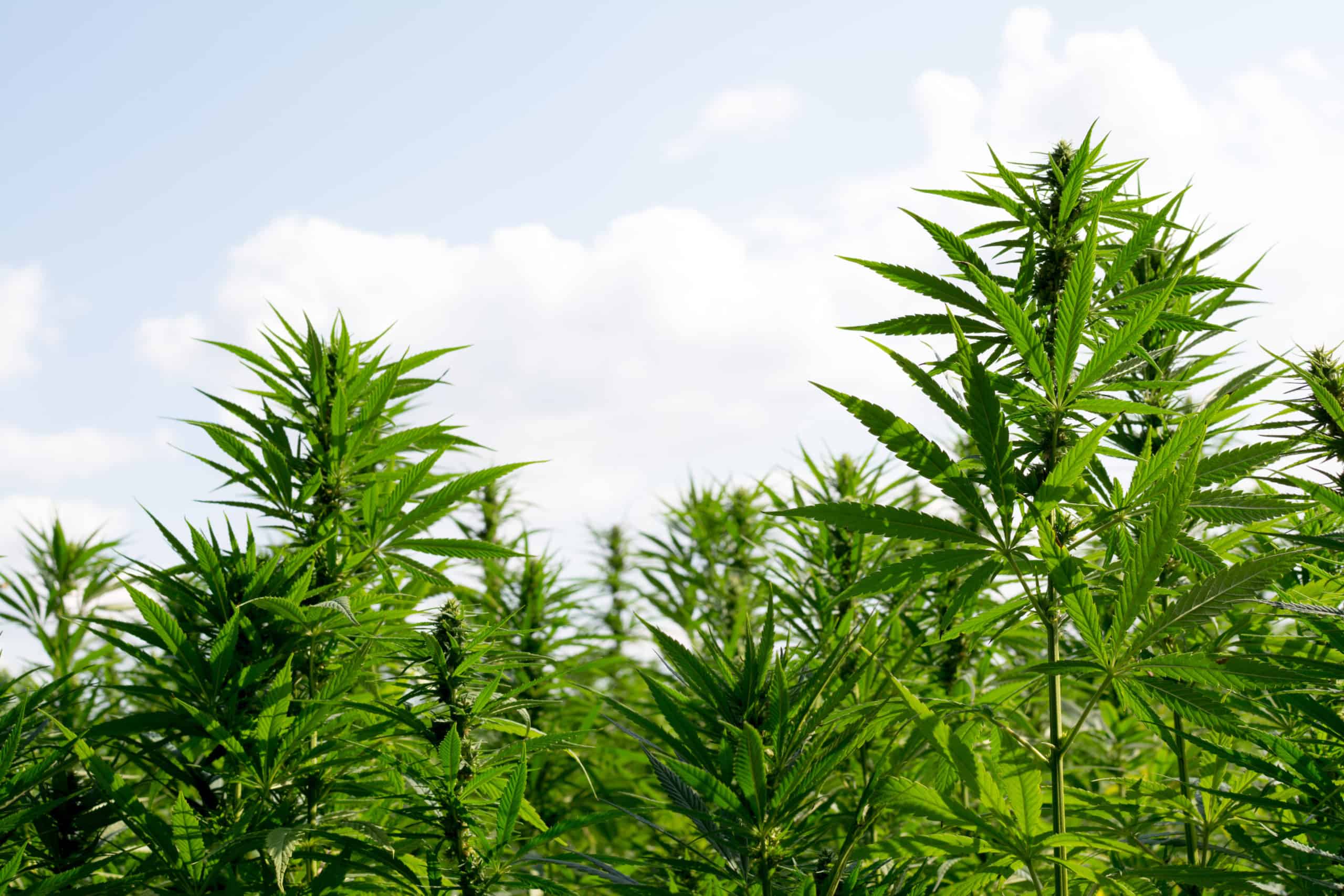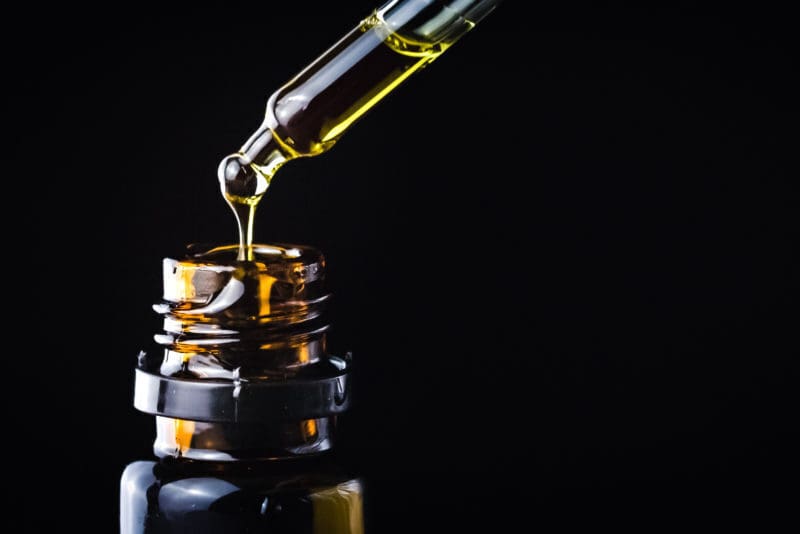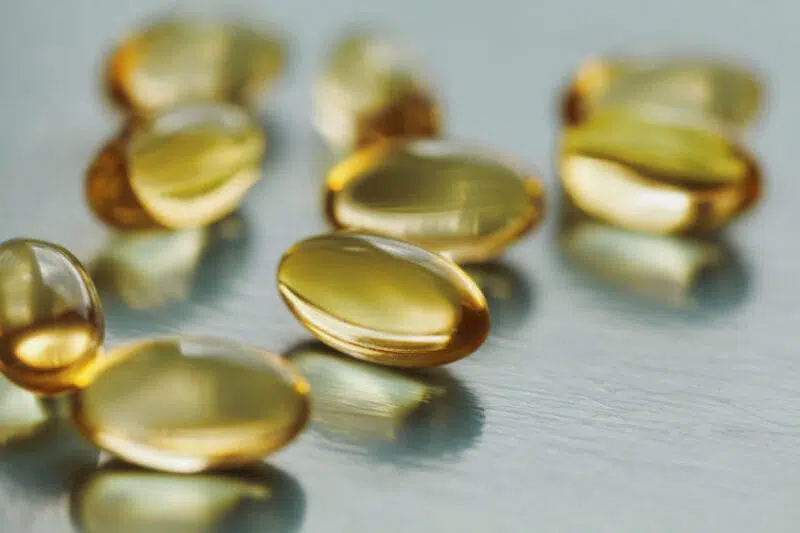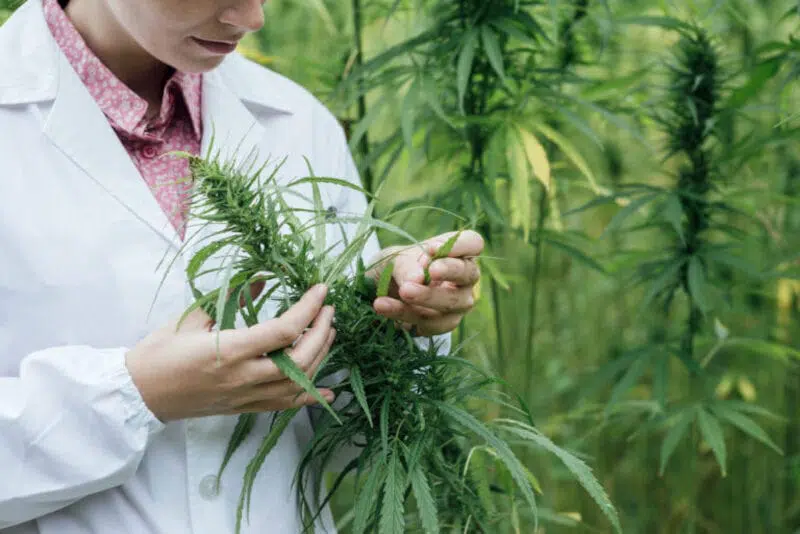-
- Market Research
- |
- CBD Near Me
- |
- Giveaways
- |
- Newsletter
- |
- Contact
- |
- Advertise
- |

Here’s the latest CBD news:
- CBD market leader Charlotte’s Web enters large purchase agreement with cannabis producer Stanley Brothers USA.
- Charlotte’s Web will fund and support a Harvard study on the efficacy of a proprietary, high-CBD formulation.
- A Stanford research finding reveals the connection between marijuana use and increased headaches in chronic migraine sufferers.
CBD Leader Charlotte’s Web to Sell THC Products
In light of the pro-cannabis administration change, Charlotte’s Web has announced to the public that they have entered a five-year, $8 million purchase agreement with “cannabis wellness incubator” Stanley Brothers USA Holdings, Inc., a company that Charlotte’s Web helped create.
The agreement allows Charlotte’s Web “the optionality to acquire Stanley Brothers USA on the earlier of three years from the effective date of the Option and federal legalization of cannabis in the United States.”
In other words, Charlotte’s Web is posturing themselves for a massive foray into the world of high-THC cannabis products, and will double down if legalization occurs within a favorable time window.
The agreement also stipulates that Stanley Brothers USA, who manufactures full-spectrum cannabis extracts, and Charlotte’s Web will continue to function as standalone businesses until “the option” (i.e., an acquisition of Stanley Brothers pending federal cannabis legalization) is triggered, if that ever happens.
Whatever happens, brothers Joel and Jared Stanley will work to coordinate affairs between the two cannabis industry giants, as they each had a hand in founding both companies.
Charlotte’s Web and Harvard Go In on CBD Clinical Trials
CW Labs, the research division of CBD giant Charlotte’s Web, announced on the 24th of last month that they are going to collaborate with a Harvard Medical School teaching hospital (McLean Hospital) on two clinical trials that will “investigate the efficacy of a custom-formulated, hemp-derived high-CBD product.”
The McLean Hospital trials will be led by Associate Professor of Psychiatry Dr. Staci A. Gruber, Ph. D.
Dr. Gruber also leads the Marijuana Investigations for Neuroscientific Discovery (MIND) program at McLean, where she’s already involved in multiple studies focused on the effects of various cannabinoids and marijuana as a whole.
Given her leanings as a neuropsychiatry expert, Dr. Gruber will likely place heavy emphasis on the effects of the tested compound(s) on cognition and mental health, though pain- and sleep-related effects will surely enter the equation as well.
CW Labs will provide “funding and product support” for the trials, meaning Dr. Gruber and her colleagues will have no shortage of test material to work with.
Study Links Cannabis to “Medication Overuse Headaches” in Migraine Sufferers
A retrospective study conducted by Stanford neurology experts found that the use of cannabis by migraine sufferers increased the incidence of medication overuse headaches, or MOH.
As the name implies, MOH occurs when a chronic migraine sufferer overuses what are meant to be short-term migraine medications, paradoxically increasing the incidence of migraines as a result.
In order to assess whether or not cannabis could trigger the same issue, the researchers combed data from the Stanford Research Repository Cohort Discovery Tool, eventually pulling 368 qualifying cases spanning from 2015-2019.
After exploring the data with “agglomerative hierarchical clustering (AHC)” and other analysis methods designed to connect cannabis use with headache frequency, researchers concluded that “current cannabis use statistically significantly predicted cases with MOH” with an odds ratio of 5.99 (cannabis users were almost six times more likely to develop MOH than non-users).
Also of note was the observation made by the authors that cannabis and opioid use were bidirectionally and positively associated with each other—if one went up, so did the other.
Whether or not the subtraction of opioids tanks the odds of developing MOH for cannabis users was not explored, but for migraine sufferers who do use both, the authors recommended reducing or ceasing cannabis use to prevent MOH.







